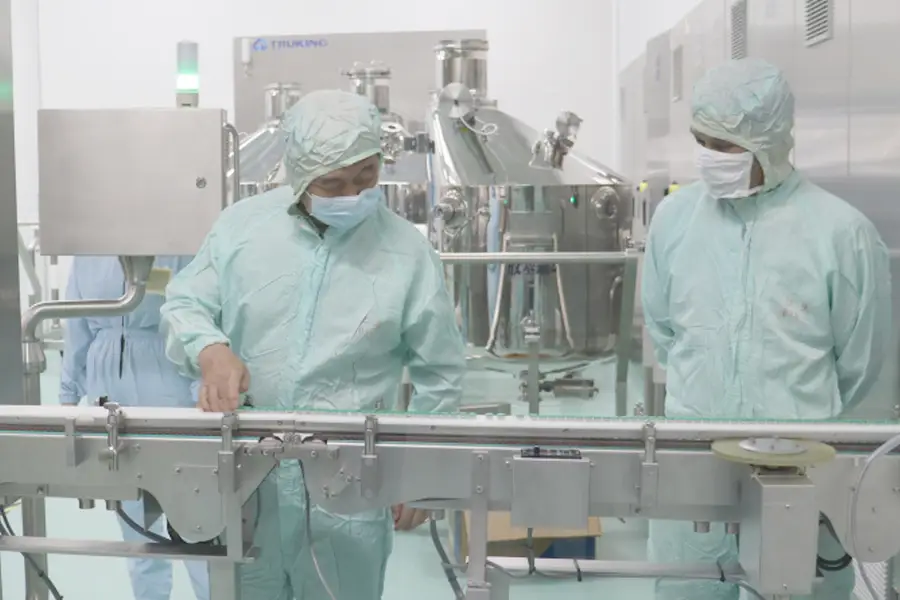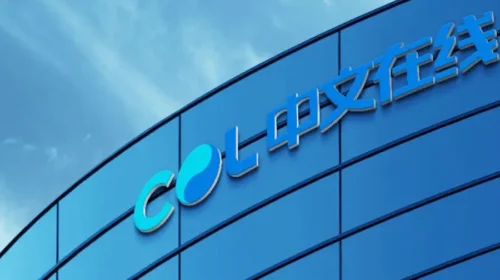Anti-toxin provider Jiangxi Institute joins biopharma IPO rush

The company enjoys a big share of China’s anti-tetanus market but is looking to diversify into antidotes for rabies and snake bites to drive future growth
Key Takeaways:
- The company relies on human tetanus jabs for more than 90% of its revenue, but immunization programs have left little room for the Chinese market to grow
- The majority shareholders who own nearly 77% of the company’s equity have received more than 100 million yuan in dividends over the last few years
By Molly Wen
Chinese biopharma companies are beating a path to the Hong Kong equity market after an IPO upswing, with a leading provider of anti-tetanus injections among the latest applicants.
Jiangxi Institute of Biological Products Inc., China’s biggest supplier of tetanus anti-toxin for human use, filed to list its shares on the Hong Kong exchange within months of paying out a big dividend to its close family circle of majority owners.
The company, which relies heavily on the tetanus market for ts income, said the IPO proceeds would be used to build its capacity and develop other products such as snake anti-venoms and rabies vaccines for animals.
Jiangxi Institute will be hoping for a stellar debutin a recovering Hong Kong market, after shares in immunotherapy specialist Duality Biotherapeutics Inc. (9606.HK) more than doubled on their first day of trading earlier this month.
The latest IPO candidate from the biopharma industry specializes in immunization agents and treatments targeting dangerous toxins, gaining more than 90% of its revenue from tetanus-related sales. Its market share for human tetanus products last year was 65.8% in China and 36.6% globally, according to a Frost & Sullivan report cited in the IPO filing.
In the three financial years through 2024, Jiangxi Institute reported revenues of 142 million yuan ($19.45 million), 198 million yuan and 221 million yuan. The amount derived from tetanus anti-toxin rose from 133 million yuan in 2022 to 184 million yuan the following year and 206 million yuan in 2024.
Profits increased from 26.47 million yuan to 55.48 million yuan and 75.14 million over the same timeframe. However, the room for further market growth is limited as developed countries have almost eradicated tetanus from the human population through immunization campaigns. More than 90% of the Chinese population has been vaccinated since an anti-tetanus program was launched in 1979. Besides anti-toxins for human use, the company also sells veterinary tetanus supplies and provides tech services, although these non-core activities together contributed less than 7% of total revenue last year.
Meanwhile, the company is also working on snake bite anti-venoms and immunoglobulins for equine rabies, while also licensing-in some other veterinary drugs. Its self-developed drug candidates are still at early pre-clinical stages, while the company expects the veterinary drugs obtained on license to be certified later this year.
Judging from a breakdown of company spending, R&D investment is modest at 13.68 million yuan in 2024, far less than distribution expenses of 26.86 million yuan and administrative expenses of 32.35 million yuan in the same year.
The company traces its roots to 1969, when the Jiangxi branch of the Shanghai Institute of Biological Products was established. The firm came under the control of majority shareholder Jing Yue and her family in 2022 after several rounds of restructuring. Jing, 32, joined the company a year after obtaining a bachelor’s degree from New York University in 2016. She now serves as executive director and chairman of the board, while her younger sister, Jing Ruihua, works as executive director responsible for personnel matters. According to the listing documents, the family controls a stake of 76.64% in Jiangxi Institute through two companies.
The proposed Hong Kong IPO is not the company’s first listing attempt. In June last year the firm filed to join the over-the-counter NEEQ market, a forum for companies that do not meet the critieria for the main board. The application was withdrawn in August last year after no reply was sent to a regulatory questionnaire about shareholding arrangements and agreements over share buybacks or preferred stock purchases.
Pre-IPO payout
The company does not spend much on R&D and its reserve of cash and cash equivalents had fallen to just 54.67 million yuan by the end of December 2024, after big dividend payouts in the past two years. In May and October of 2023 and in September 2024, the company paid out 10 million yuan, 76 million yuan and 40.10 million yuan in cash dividends totaling 126 million yuan. The sum exceeds the company’s combined net profit for 2022 and 2023 at 81.95 million yuan. The Jing family pocketed more than 100 million yuan from the three dividend tranches based on the size of its stake.
The company raised 90 million yuan in earlier rounds of financing in 2020 and 2022, drawing investment from family networks and business contacts. After the latest investment round in March 2025, its shares were valued at 8.1 yuan, generating a market cap of around 2.2 billion yuan on 272 million issued shares.
The funds generated by the IPO, which is co-sponsored by CICC and CMS, will be invested in developing a range of products, expanding production facilities and optimizing technologies, according to the listing documents.
At the latest market valuation of 2.2 billion yuan, the stock is trading at a price-to-earnings (P/E) ratio of 29 times, compared with 27 times for Hualan Biological Engineering (002007.SZ) , the industry leader for blood-based products and vaccines. But Hualan is way ahead in earnings, with a net profit exceeding 1 billion yuan in 2024. That means Jiangxi Institute may struggle to persuade investors to buy into a high valuation.
To subscribe to Bamboo Works weekly free newsletter, click here





